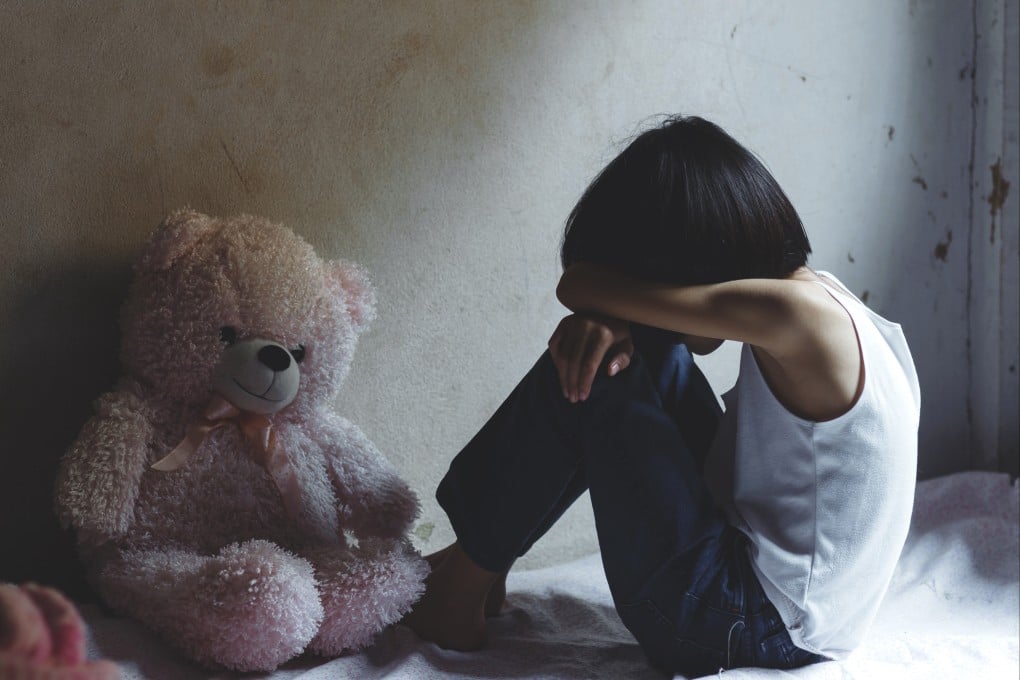Opinion | Child abuse: why punishing bystanders severely could backfire
- A Law Reform Commission report recommends criminalising the failure to protect a child in cases of abuse resulting in death or serious harm. However, seeking to bring more parties to justice when a child dies may not deter abuse, and may even worsen it

She lives in fear for herself and her young charges. The vulnerable children she cares for, in fact the entire household, are under the control of a terrifying man. She uses the threat of reporting to try to deter the father from more serious violence against his children but fears for her own safety. She agonises about whether to leave, but who will protect her charges then? Without a doubt, many domestic helpers in Hong Kong face such a crisis.
The new offence aims to end a travesty of justice – when all parties walk free after a child is murdered because it is not possible to identify the perpetrator of abuse. So, should we bring more guilty parties to justice when a child dies? Or should we prevent more children from dying?
Popular opinion links preventing deaths with bringing perpetrators to justice. Unfortunately, punitive laws often backfire.
Based on a single study in the 1980s, states across the US implemented laws making it mandatory for police to make arrests for domestic violence calls. It took researchers decades to notice that these efforts didn’t work or even increased domestic violence homicides. My research informs my fear that the proposed offence may lead to increased child injury and child mortality in Hong Kong.

The Law Reform Commission’s report involved thorough legal research on international law. The consultation involved over 100 respondents . However, the report did not cite any of the research on bystander intervention or informal social control of child maltreatment.
